
Marzuki Darusman, chairman of the Myanmar Fact Finding Mission,
Geneva, MINA – Myanmar has refused to give UN investigators access to the country and blocked an independent and impartial investigation after destroying at least 319 villages, Marzuki Darusman, the chairman of the UN’s Independent Fact-finding Mission on Myanmar, said on Monday.
Darusman urged Rohingya Muslims not to return without adequate guarantees for human rights protection.
“People continue to flee. The number of new arrivals in camps in Bangladesh is continuing at a pace of up to 1,000 persons per week,” Darusman was quoted by Anadolu Agency as telling the UN human rights council in Geneva on Monday after conducting over 600 in-depth interviews with victims and witnesses of alleged human rights violations and abuses.
“Myanmar authorities have announced willingness to receive refugees back. While professing this, they are bulldozing land such that the delineation of the boundaries of the homes and lands of those who fled are becoming untraceable. It is difficult to see how those who returned can rebuild their past lives,” Darusman said.
Also Read: Afghanistan, Pakistan Extend Ceasefire After Türkiye-Qatar Mediation Talks
Both the Myanmar military and civilian authorities have effectively labeled the whole Rohingya population as Bengali “illegal immigrants” and “extremist terrorists”, he said.
“It is critically important for the displaced people not to be returned without adequate guarantees for human rights protection in place. Otherwise, we could be laying the groundwork, not for solutions, but for another repeat experience,” he said.
Satellite imagery shows that at least 319 villages were partially or totally destroyed by fire after the “clearance operations” began in August 2017.
He also called on Myanmar to stop dismissing reports that serious human rights violations have been committed in the Kachin, Shan and Rakhine states.
Also Read: President Prabowo Emphasizes ASEAN Unity Amid Global Tensions
“The events we are examining in detail in Rakhine, Kachin and Shan states are products of a longstanding, systemic pattern of human rights violations and abuses in Myanmar.”
Call for UN in Cox’s Bazar
Myanmar called for her removal from her position, Yanghee Lee, UN special rapporteur on the situation of human rights in Myanmar, told reporters after the UN Human Rights Council session in Geneva.
Lee called for the establishment of a UN structure based in Cox’s Bazar, Myanmar to investigate, document, collect, consolidate, map, analyze and maintain evidence of human rights violations and abuses.
Also Read: Timor-Leste Officially Becomes ASEAN’s 11th Member: Key Facts You Need to Know
“I have a little bit of hope” for Myanmar’s Aung San Suu Kyi, a Nobel Peace Prize winner, to stop these violations after failing such a long time to do so, she added.
Since Aug. 25, 2017, more than 750,000 refugees, mostly children, and women, have fled Myanmar and crossed into Bangladesh after Myanmar forces launched a crackdown on the minority Muslim community, according to Amnesty International.
The refugees are fleeing a military operation in which security forces and Buddhist mobs have killed men, women and children, looted homes and torched Rohingya villages.
At least 9,000 Rohingya were killed in Rakhine state from Aug. 25 to Sept. 24 last year, according to Doctors Without Borders.
Also Read: Trump Attends 47th ASEAN Summit in Kuala Lumpur, Highlights Stronger US-Asia Ties
In a report published on Dec. 12, 2017, the humanitarian group said the deaths of 71.7 percent or 6,700 Rohingya were caused by violence. They include 730 children below the age of 5.
Turkey has been at the forefront of providing aid to Rohingya refugees, and President Recep Tayyip Erdogan has raised the issue at the UN.
The Rohingya, described by the UN as the world’s most persecuted people, have faced heightened fears of attack since dozens were killed in communal violence in 2012.
The UN documented mass gang rapes, killings — including of infants and young children — brutal beatings, and disappearances committed by security personnel.
Also Read: Cambodia and Thailand Sign Peace Deal After Deadly Border Clashes
The UN also voiced “strong suspicions” that Myanmar’s ethnic Rohingya might be the victims of “genocide” and continued “ethnic cleansing”.
In a report, UN investigators said such violations may have constituted crimes against humanity.(T/RS5/RS1)
Mi’raj Islamic News Agency (MINA)
Also Read: Brazil’s Lula Slams UN Security Council Over Failure to Prevent Major Wars





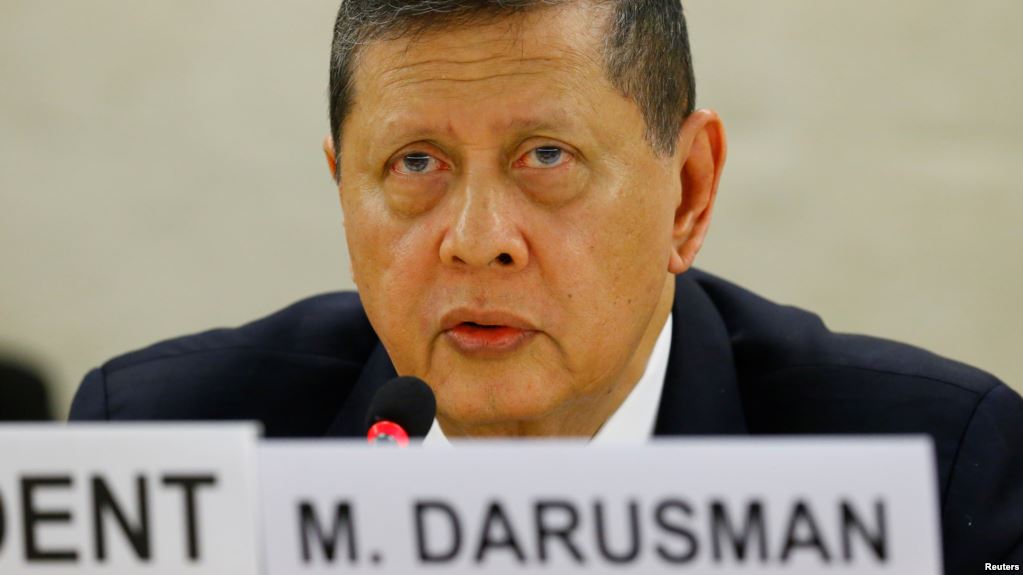

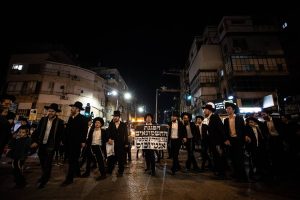
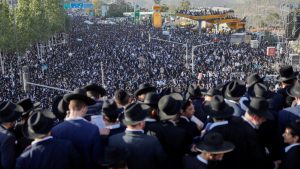
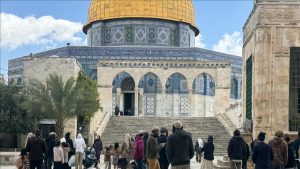
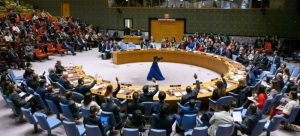
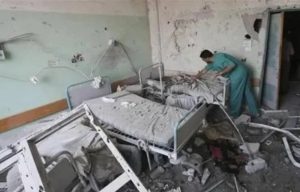
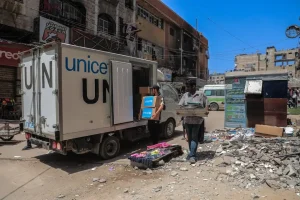
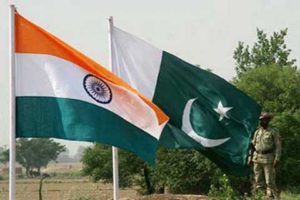
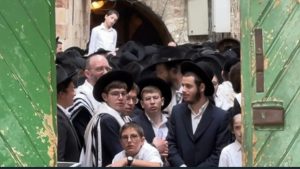

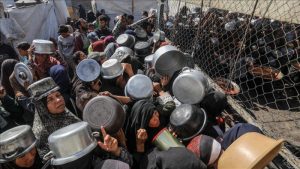

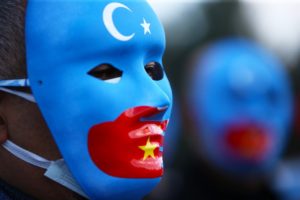
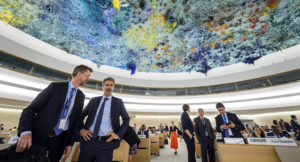
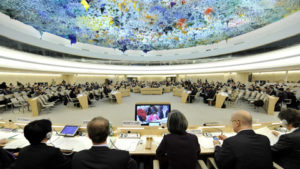



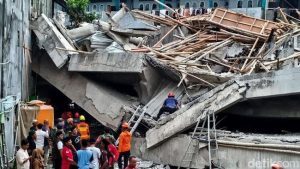



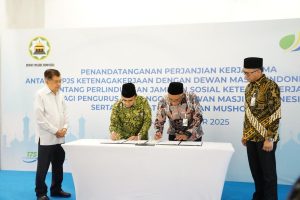
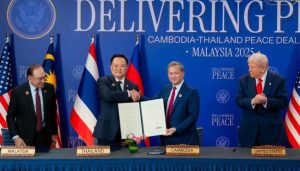
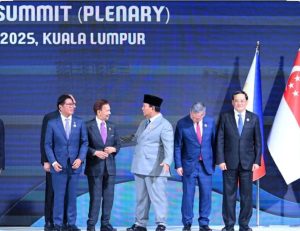
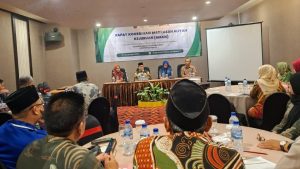
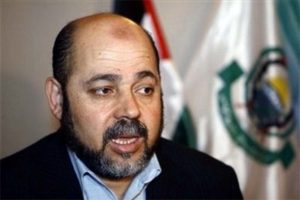



 Mina Indonesia
Mina Indonesia Mina Arabic
Mina Arabic